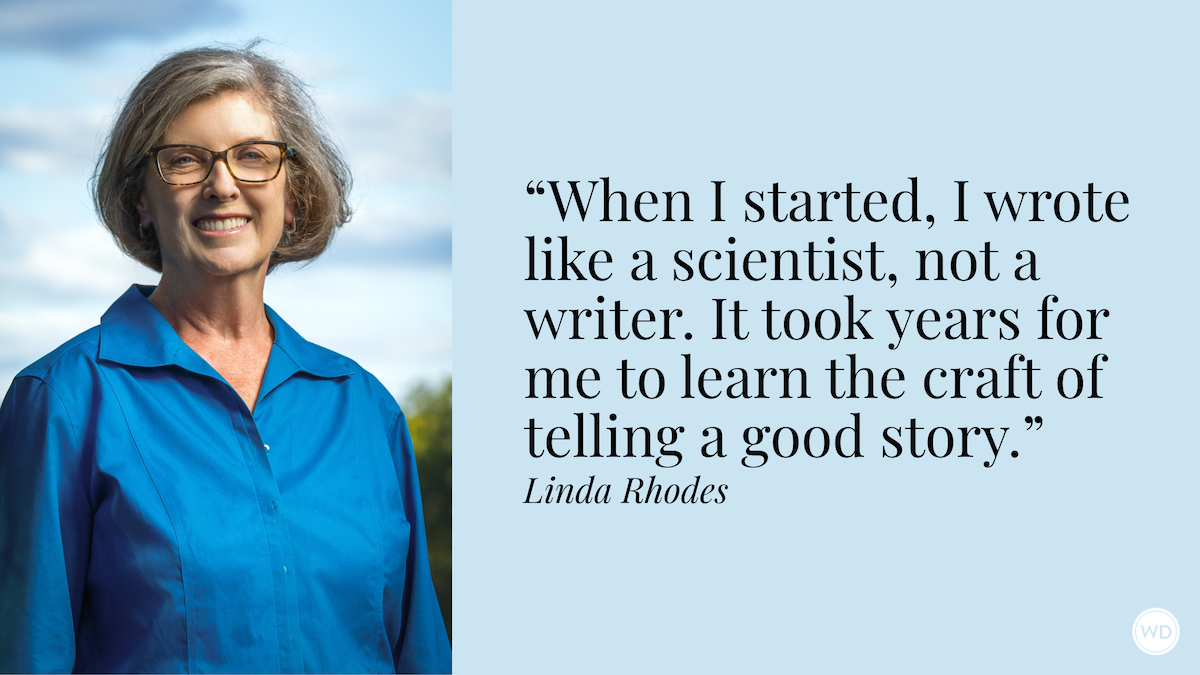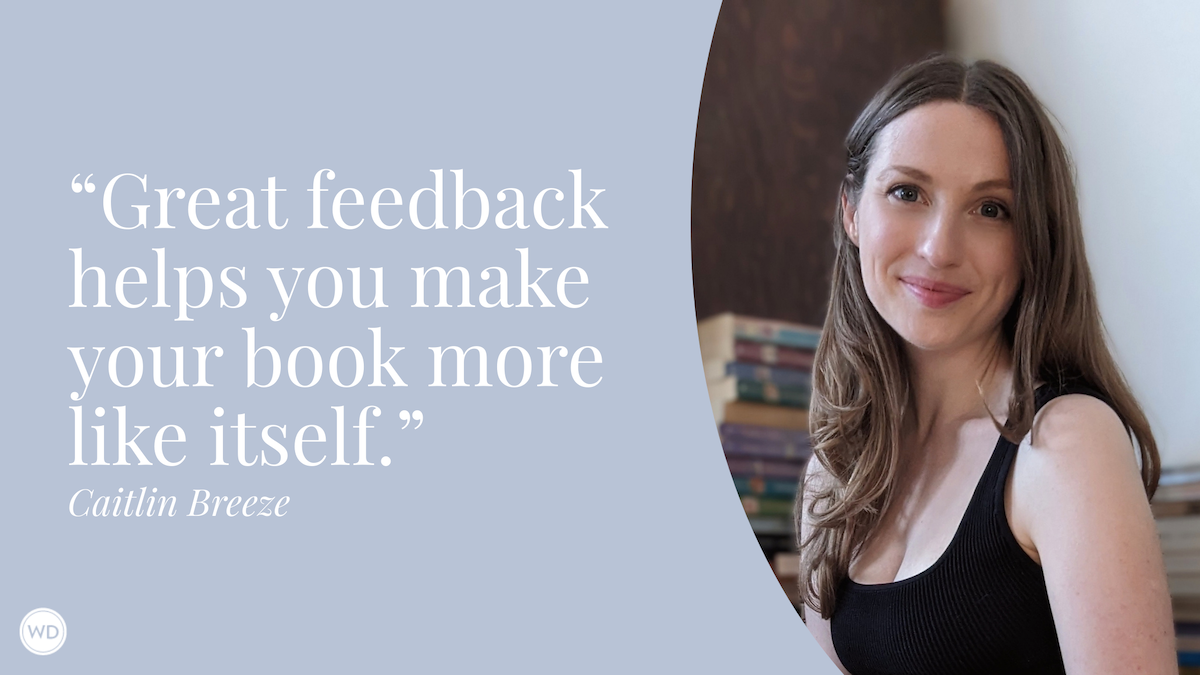10 Incredible Writing Superpowers
Do you like to write? Have you ever wished you had superpowers? If you’ve answered yes to either or both of these questions (or never considered them until now when suddenly you’ve thought “O yeah! Sign me up!”), then you need to check out these 10 incredible writing superpowers!
As a recovering comic book fanboy, I admit it: There are times I wish I had superpowers. As a writer, I admit that I sometimes wish I had writing superpowers. So recently, I opened up the debate on Facebook by asking which writing superpowers other writers would choose.
While some were specific (like John Gallaher's "The ability to publish in The New Yorker") and others broad (as in Allison Hedge Coke's "world peace"), it is fun to consider how a superpower (or three) might help writers complete drafts in a single writing session and win readers with a perfect draft.
Power #1: Ability to Persuade
Some folks might call this the power of persuasion; others might call this copy writing and advertising. Whatever you choose to call it, the ability to persuade readers to do your bidding is a pretty nifty power. In a sense, it's akin to mind control.
It's also a skill many writers work to master, whether they're pitching articles to editors or selling books to readers. Plus, most writers who share opinions try to win readers over to their way of thinking.
Possible name: Professor Persuader
Power #2: Master Time
Eve Brackenbury gave some good ideas on how to use this power: "The ability to stop time so that none of the time I use to write counts against me. The ability to travel back in time for research. The ability to slow time so I can document every detail."
"I would so destroy this timeline," says Jon Tribble of wanting to go back in time. "And then I'd write about it."
Honestly, time management came up more than any other superpower, and of course! Writing takes time; revising takes time; submitting takes time; marketing takes time; and heck, reading takes time. Who wouldn't want to take the power (and time) back?
Possible name: Time Master (See what I did there? Reversing the the power to make the name? Nevermind.)
Power #3: Photographic Memory
They say a picture is worth a thousand words, but how do you remember all those words without an impeccable memory?
That seems to be what Theresa Gottl Brightman is getting at with her wish, "To be able to remember every dang idea I come up with right before I fall asleep thinking, 'Oh, that's so good I'll never forget that! I'll just write it down in the morning.'"
And we all know what happens in the morning, right? Poof!
Amy L. George adds an extra twist on this memory power: "To have photographic memory of every edit during the revision process."
Possible name: Ms. Memory
Power #4: Finishing Ability
Pat Kennelly would like, "The ability to finish every creative work I start."
Me too, me too. I can't count the number of stories I've started that are still waiting for an ending. Maybe that's why I like poeming and blogging and blogging about poeming. The ability to finish is a superpower indeed.
And maybe part of that can be achieved with Nina Amir's desire for "Amazing focus that makes me super productive."
Possible name: The Finisher
*****
If you love to write and have a story you want to tell, the only thing that can stand between you and the success you’re seeking isn’t craft, or a good agent, or enough Facebook friends and Twitter followers, but fear. Fear that you aren’t good enough, or fear the market is too crowded, or fear no one wants to hear from you. Fortunately, you can’t write while being in the flow and be afraid simultaneously. The question is whether you will write fearlessly.
*****
Power #5: Communicative Clarity
Amy Baskin says, "The ability to write works that engender empathy and understanding on the part of each reader," and Daniel Ari says, "To be able to express the ineffable." Both boil down to communicating in a way that is clear to readers.
Every writer has had a moment in which they've tried to communicate an idea that just doesn't seem to make sense to the reader. It's okay; it happens. But what if it didn't? What if miscommunication never happened in our writing lives?
Possible name: Clarity Kid
Power #6: First Time Perfect
One of the real pains and (for some) joys of writing is revision. Whether you love it or hate it, there's no denying that revision eats up time. Wouldn't it be great to skip that part of the process?
Kathy Uyen Nguyen thinks so: "To write perfectly on the first try and no need for revisions! It'll be already publishable!"
There are many unpublished writers who think revision is not a necessary part of the writing process. How wonderful the world might be if that were a reality!
Possible name: First Draft (I may revise this one later. Haha.)
Power #7: Incredible Bravery
Karen Pickell calls this, "Fearlessness," while Beth Copeland says, "To write without second-guessing myself."
Whether it's during the writing process or submission process, there's a certain amount of bravery that most writers desire. It would be wonderful to submit stories without fear and write about personal essays or memoirs without worrying about it damaging personal relationships.
Having this writing superpower would lead to fearless writing, submitting, and marketing. It might lead to burnt bridges; but it might also lead to the bestsellers lists.
Possible name: Captain Courage
Power #8: Audience Awareness
Terry Jude Miller says he'd like the power "To know my audience as well as I know myself."
And Jane Beal might have said it best: "Constant. Audience. Awareness."
While there are many writers who look down on writing for an audience as "selling out" or "giving up artistic integrity," they're usually not the same writers who make their living writing. Successful writers know the importance of finding an audience and connecting with that audience, because that audience pays the bills.
Possible name: Crowd Pleaser
Power #9: Marketing Prowess
Marie Elena Good wants the power "To have my poems collect themselves, do their own market research, and send themselves off to perfectly matched publications."
If only my writing could pick itself up and get itself out the door and published, that would be amazing! It's a fact that the most amazing book ever written could go unread without an author willing and able to jump through the hoops of the publishing and marketing process.
After all, even Emily Dickinson needed an advocate for her writing.
Possible name: The Submitter (Maybe not the most aggressive name ever used.)
Power #10: Endless Ideas
Not sure if this should be a superpower or the perfect kryptonite for a productive writer, but this would be the power of endless ideas. Or as Walt Wojtanik says, "An inexhaustible muse and a knowledge of every thought ever thunk."
Such a tidal wave of ideas may stifle power #4's The Finisher from completing any work--unless she had the assistance of Time Master, who could provide enough time (all the time in the world) to parse through all those ideas.
Either way, writer block would be a thing of the past.
Possible name: Eternal Lightbulb (I don't know; you have a better idea?)
*****
Honestly, this is only the tip of the iceberg when it comes to possible writing superpowers. Which would you like? What name would you use? Work up the courage to share your ideas in the comments below.








